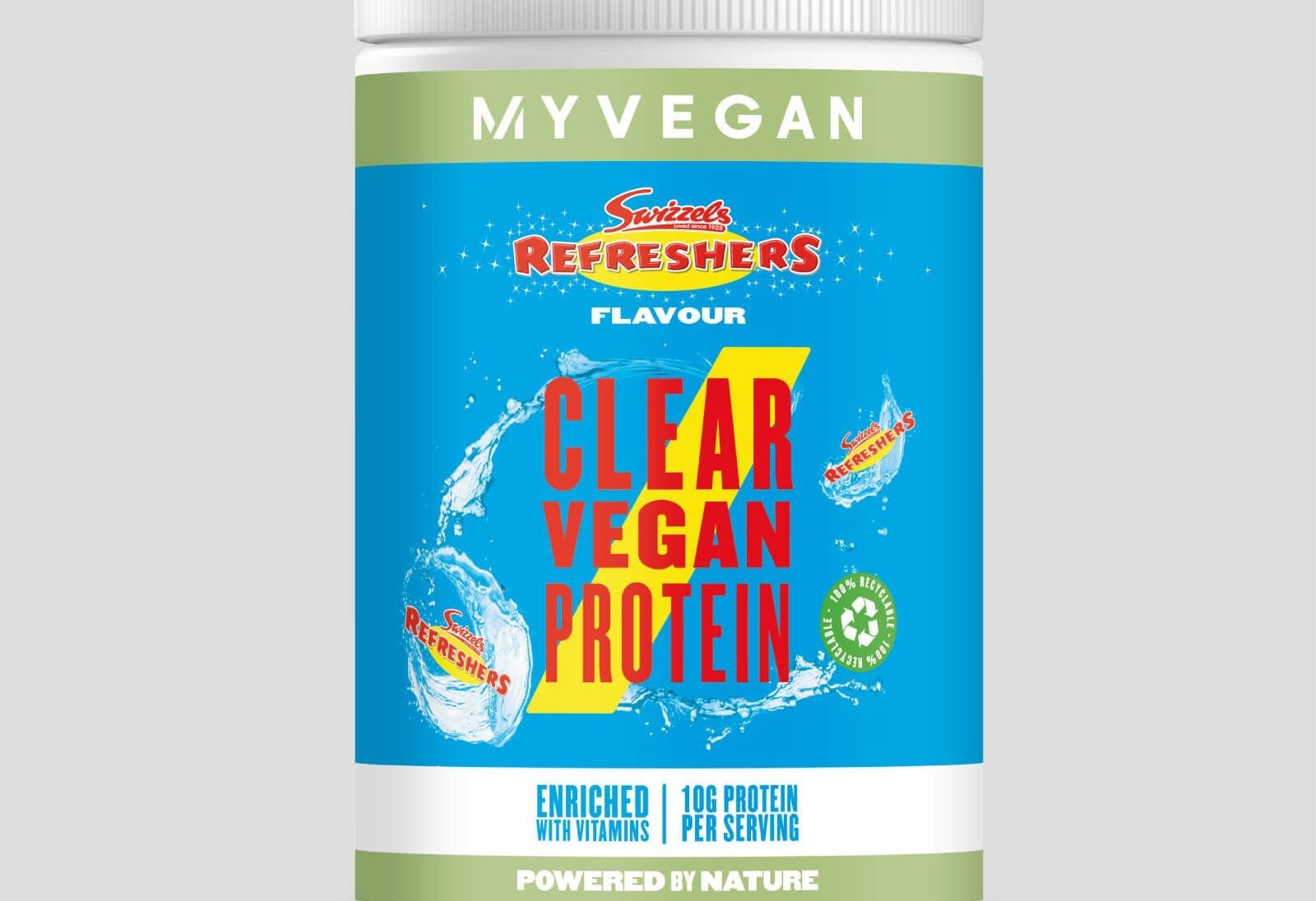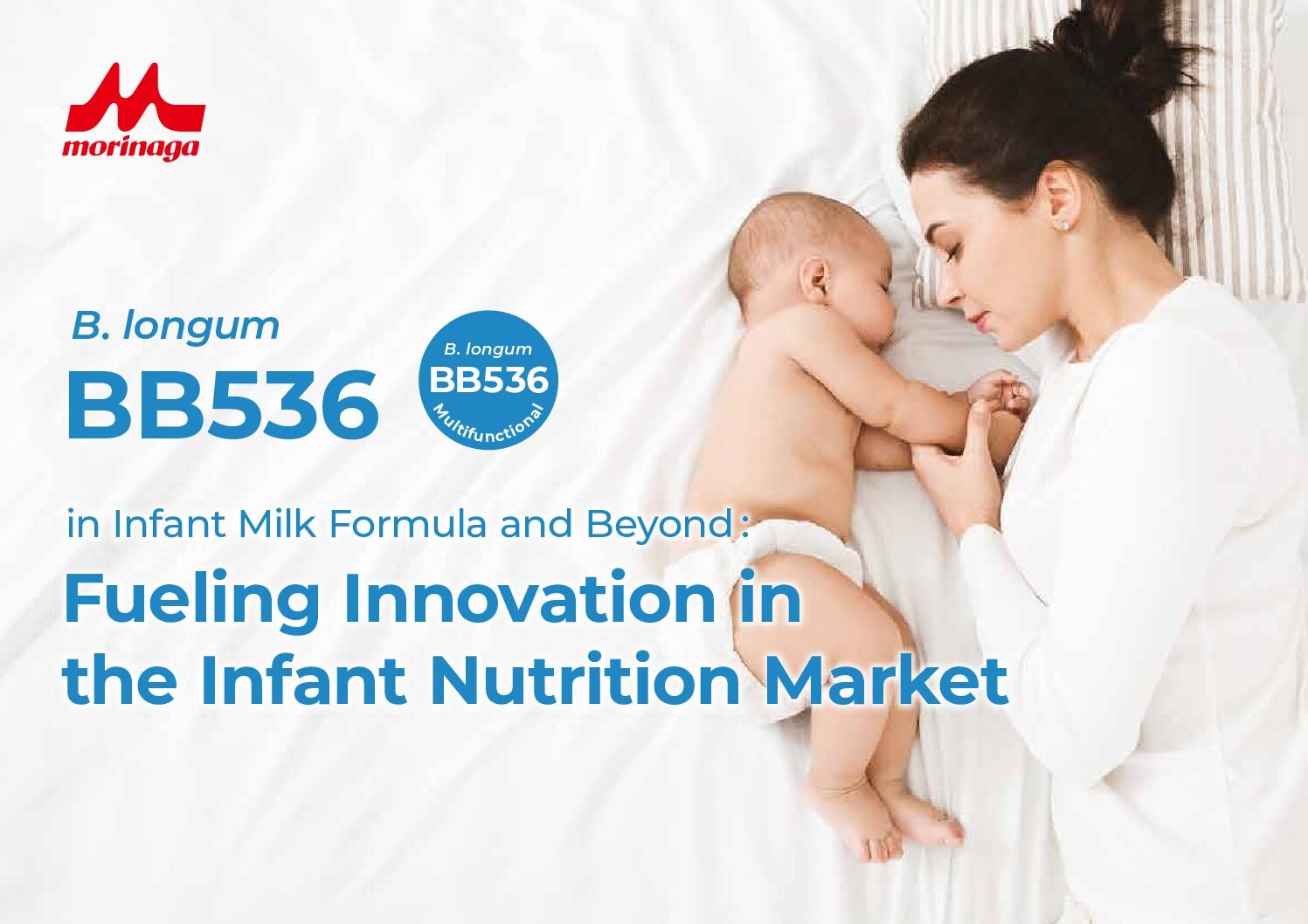
When confectionery giant Mondelez International swooped to buy UK sports-nutrition business Grenade in March this year, it confirmed the category’s status as being on-trend and fast-growing and thus highly desirable to buyers.
Grenade produces a range of products touted as better-for-you, including high-protein, low-sugar bars, shakes and drinks aimed at, but not exclusively for, the physically active.

US Tariffs are shifting - will you react or anticipate?
Don’t let policy changes catch you off guard. Stay proactive with real-time data and expert analysis.
By GlobalDataMondelez said the deal, valued at GBP200m (US$277.2m at the prevailing exchange rate), “enables expansion in broader snacking and fast-growing well-being segments” and described Grenade as “one of the category leaders in high-protein bars”.
Dirk Van de Put, chairman and CEO of Mondelez, said: “Grenade’s great-tasting, on-trend products are a great platform for Mondelez International in the UK market and beyond.”
After Mondelez’s for Grenade, there may have been expectations in the industry that more deals would follow for businesses in a UK sports-nutrition category that was growing anyway but which was given a shot in the arm by an increased interest in health and wellness among consumers against the backdrop of the Covid-19 pandemic.
In fact, the next big corporate move in the category was a disposal.
In July, UK food manufacturer Samworth Brothers sold sports-nutrition business Sci-Mx.
The pie, pasty and sandwich maker said Sci-Mx had been loss-making for a number of years as it sold it on to local trader Supreme Imports.
Samworth, which bought Sci-Mx in 2015, indicated it could not make a success of the protein-bar and powders business.
“We have concluded that the business is not at a scale where we can make it work and the levels of investment that would be needed to achieve this do not make good economic sense,” it said.
So what are we to make of these two very different tales? Is sports nutrition booming in the UK or a category in which it is difficult to succeed?
The answer is probably yes to both of these questions.
Of its growth there is no doubt. Data published this month by ingredients business Glanbia Nutritionals reveals the category is now worth GBP1.08bn in the UK and that it is predicted to grow at a CAGR rate of 8.7% out to 2025.
“The sports, active and healthy nutrition market is increasingly catering to a mass consumer audience seeking holistic solutions that support fitness and performance goals. It is no longer a product segment restricted to athletes and bodybuilders,” it says.
But the UK sports nutrition category is changing in other ways too. More products are now being sold online and there is a move towards plant-based and clean-label products. One argument suggests some food manufacturers that have bought into this area have been slow to react to such changes.
Looking beyond Grenade
There is also a distinction to be made between what Grenade does – selling high-protein bars to the masses with products distributed via convenience outlets or placed near supermarket checkouts – and the more traditional powder and drinks offerings supplied by some of its peers.
Nick Morgan, owner of the sports nutrition consultancy Sports Integrated, says: “Grenade has been focused on being a healthy snack brand/nutrition brand, even though it still has a few sports nutrition products, and that would be my main interpretation of what Mondelez has bought.
“I’m not sure that is a reflection of sports nutrition per se. It’s almost a sub-section of the category.
“People who don’t exercise just want healthy snacks and this is a much bigger landscape and you are up against very big players.”
Ashley Read, chief marketing officer at sports nutrition business Science in Sport (SiS), agrees. “Grenade has smashed it with its ruthless focus. It has bridged the gap between healthy snacking and sports nutrition. The brand has been playful, bold and creative,” he says.
“SiS would never move into that playful, bold space. It is not authentic for us.
“And you are going up against juggernauts. Snickers [owned by confectionery giant Mars] has a protein bar which now has five variants.”
Mars is just one of a plethora of food manufacturers trying to muscle into this fast-growth area.
Sports nutrition business Myprotein quotes research that suggests 6.1% of food and drink product launches in 2020 claimed to be high-protein or contain added protein.
Gareth Gray, its head of new product development, says: “Protein additions have been seen widely across multiple products within the retail sector, and category perception is in its strongest position. The drivers for this are changes to consumer lifestyle, with the demand for convenience continuing to be a major growth area.
“Protein and functional products will continue to trend upwards and we would expect to see more FMGC businesses looking to enter the space.”
Being “tactically astute”
Whether that will be via M&A is another matter.
On Samworth Brothers’ inability to make Sci-Mx a success, Morgan at SiS says: “We are talking about ownership because it didn’t work. It’s an easy discussion to have but the issue is less about ownership – it could have worked brilliantly – and more about traditional products being thrust upon the mainstream consumer.
“Samworth Brothers is a very reputable company. It’s more of a brand question. What permissions do legacy brands have to expand their audience?
“In sports nutrition, you can be very successful if you are aware of who your core consumers are and what they want.
“The new consumers are a different generation and it’s a question of making sure your products are still relevant. Some legacy brands are under pressure.”
Morgan at Sports Integrated echoes this point.
“It could just be about authenticity. People who engage now like to engage with brands in a different way. They want to see and touch and read about them,” he says.
“Legacy brands don’t necessarily have that as much in areas such as natural and vegan. Most brands that are less than five years old have these attributes.
“Sports nutrition is buoyant and ever more people want to be involved but they need to be tactically astute.”
Gray at Myprotein says: “Last year, we launched the world’s first clear vegan protein, through our sister brand Myvegan, and it has been a huge success”
He says the product now makes up a “large percentage of our overall sales”.
Read at SiS has a similar story to tell. “You have to be nimble, fast and close to the consumer,” he says.
“You have to have a ruthless focus now on what your proposition is to consumers otherwise you will get lost.
“Plant-based has seen unbelievable growth. Our range is the number one plant-based protein brand in retail.”
How sports nutrition products reach consumers is the other trend that can make the difference between success and failure in this category.
Morgan at Sports Integrated says: “The growth is in online. An e-commerce capability gives you cost efficiencies but it needs real expertise. You can’t just switch from bricks and mortar.”
Market research company Kantar’s data reflects the move towards e-commerce. In a growing category, its figures for the sale of sports nutrition products in supermarkets reveals a decline. It records a sales total of GBP109.7m in the year to 13 June 2021 compared to GBP114.8m a year earlier.
Read at SiS outlines the extent of online growth in this category. “In 2018 this was 30% of our sales. Now it’s 55% and it will be 75% by 2023,” he says.
“The market is moving increasingly to online and big corporates don’t do this very well.”
For the six months ended 30 June, SiS’s online sales were up 44% on a year-on-year basis to GBP15.7m.
It’s a similar story at Myprotein. “Online sales remain hugely important to us as a brand,” Gray says.
The product range offered by sports nutrition companies ranges from powders and gels to drinks, bakes and bars. Read at SiS cites the importance of the latter. “There’s no doubt that protein bars are the gateway to this category.”
Gray at Myprotein suggests the UK is at the centre of “the protein craze” and cites research that says the country has the third-highest percentage of products with a high-protein or added-protein claim in the world.
“There is more of an awareness of increasing protein intake within general consumers and they are a growing part of our consumer demographic,” he says.
“Sports and nutrition has become less niche and now appeals to more mainstream shoppers.”
As to growth areas within the category, Gray agrees with Read about the importance of bars. “By 2025, the global powder segment is expected to maintain its dominant position. However, bar formats are expected to increase at the fastest pace of 8.4% throughout the projected period.”
Products with other benefits
What is also predicted to be a growth area is a move from physical health into the adjacent category of mental health, where products such as nootropics and adaptogens hold sway.
Glanbia Nutritionals suggests consumers are opting for products with active ingredients to support not only physical health but also immunity, sleep, and cognitive health.
Mayuresh Bedekar, director product strategy for bioactives at the company, says: “Brands looking to expand their portfolio to address consumer demand can effectively do so with health beneficial and science-backed solutions such as bioactive ingredients.
“Bioactives can be used for a huge variety of market segments and in a wide range of applications such as ready-to-mix powders, beverages, gels, bars and supplements in form of tablets, capsules, gummies or soft gels.
“Research reveals 55% of Europeans have placed a greater emphasis on improving immunity because of Covid-19, with a further 58% looking for immunity-boosting claims in sports-nutrition products.
“The link between mental and physical health should not be ignored by brands developing new sports nutrition products.”
It is not being ignored by Read at SiS. “The single biggest change over the last 24 months is the move to more of a holistic focus, not just looking good but feeling good,” he says. “I see us innovating in health and well-being. That's a big one for us.
“Would we be competing with Boots and Holland and Barrett? Absolutely not. It would be fighting a losing battle.
“But at the premium end, in areas like nootropics, you are up against smaller players and there's an ability to unlock the value in our brands.”







